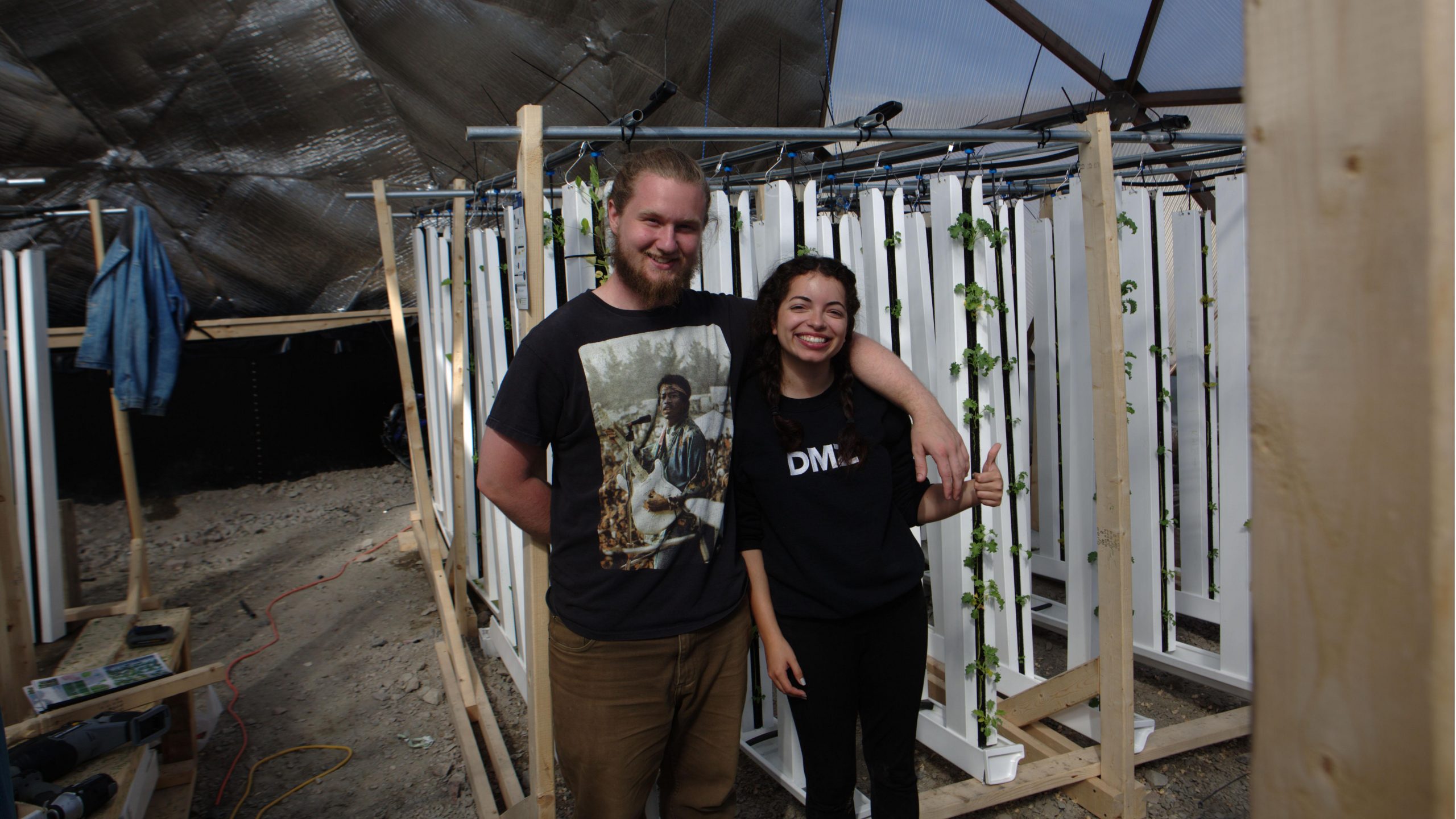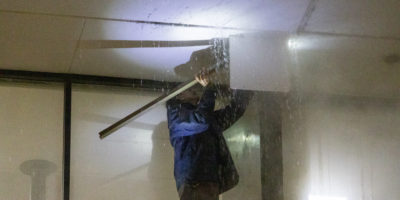By Noella Ovid
Two Ryerson teams are among the top 10 finalists battling to win $500,000 in the Google Impact Challenge—a nationwide competition that supports non-profit projects tackling some of the world’s biggest social challenges through technology.
Enactus Ryerson initiative Growing North and start-up The Rumie Initiative will be giving 90-second pitches to a panel of judges on March 30. Four winners will be chosen by the panel to win $500,000 and a fifth will be determined by popular vote.
The 10 finalists have already received $250,000 and are now competing to win the additional $500,000.
Growing North is a Ted Rogers School of Management student team that built a community greenhouse to combat food insecurity in northern Canadian communities.
Co-founders Stefany Nieto and Ben Canning constructed Nunavut’s first greenhouse in the town of Naujaat in 2015 to provide fresh, affordable produce. They produced their first harvest this past year.
Last October, they expanded to a second community in Arviat, Nunavut and launched a Women’s Collective to empower Inuit women by providing sustainable food and new livelihood opportunities.
Since then, Growing North has run the first round of their student co-op program with a local high school. Students there helped construct, operate and manage the greenhouse for credit.
“We’ve just been reaching out to the community, building relationships and getting ready for hopefully breaking ground in the summer,” said Nieto.
Nieto said if the Growing North team were to win the Google contest, their biggest focus would be expanding into additional northern communities and growing produce year-round.
“Currently we are doing our best to grow as late as we can. However, we need to invest in green technology to help us get us through the winter.”
In the future, Growing North is planning to develop mobile farms and work with companies in remote areas to help support its non-profit mission.
The Rumie Initiative works to make access to free digital education possible for communities worldwide.
The team works with local educational organizations to bring content from the internet to offline, remote and resource-constrained communities.
Indigenous leaders use an online collection of learning resources to curate educational content for youth in their communities. Children receive access to free learning tools through programs available offline on tablets.
The curriculum aims to help high school students learn about Indigenous culture, history and language while gaining employment skills and financial literacy.
Merone Tadesse, who is a part of the Rumie Initiative’s business development team, said that if they were to win the Google contest, the prize money would go toward developing an Indigenous learning portal project which would help connect youth to “locally relevant resources” as well as Indigenous communities to each other so they could share educational resources.












Leave a Reply